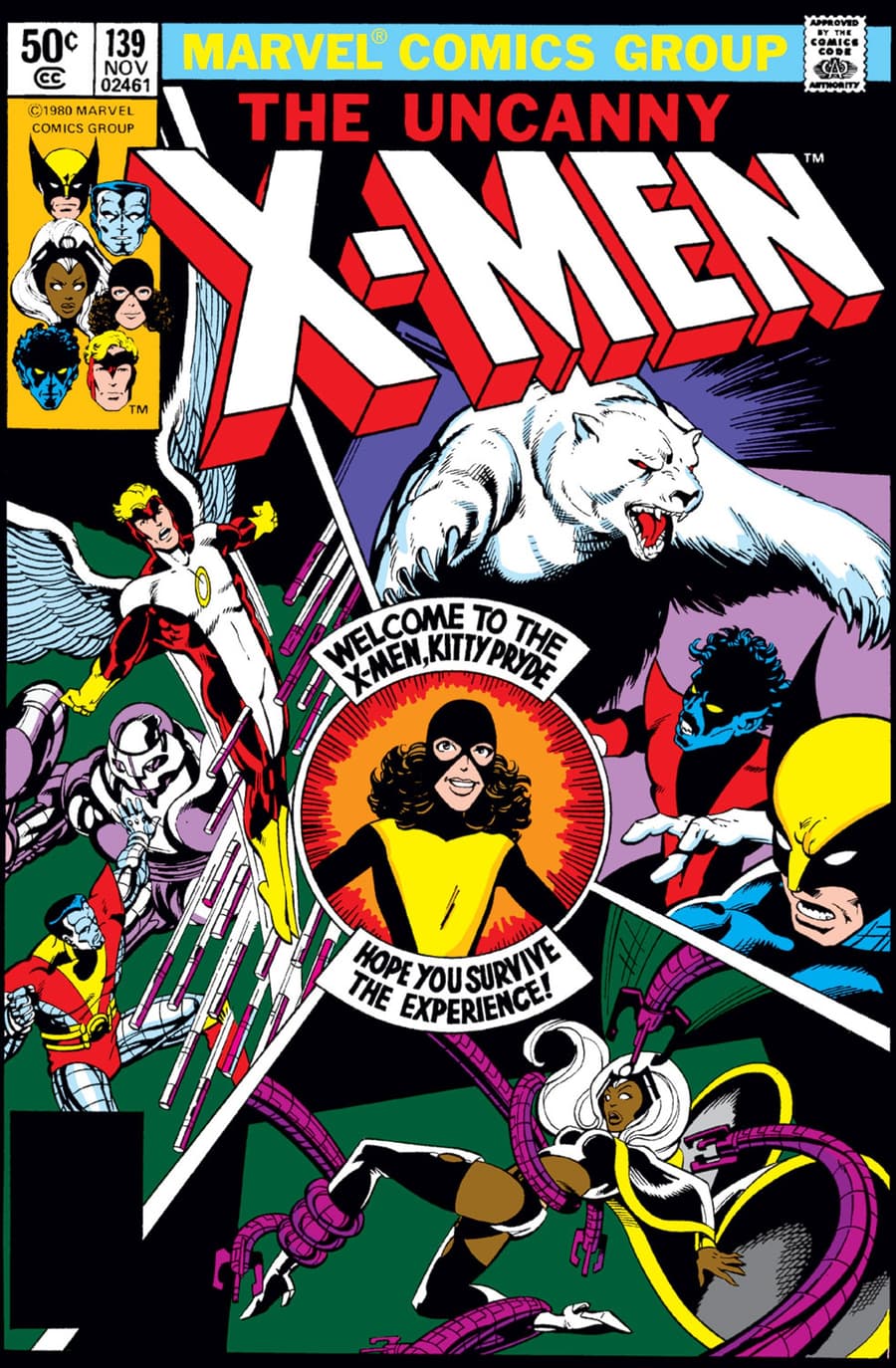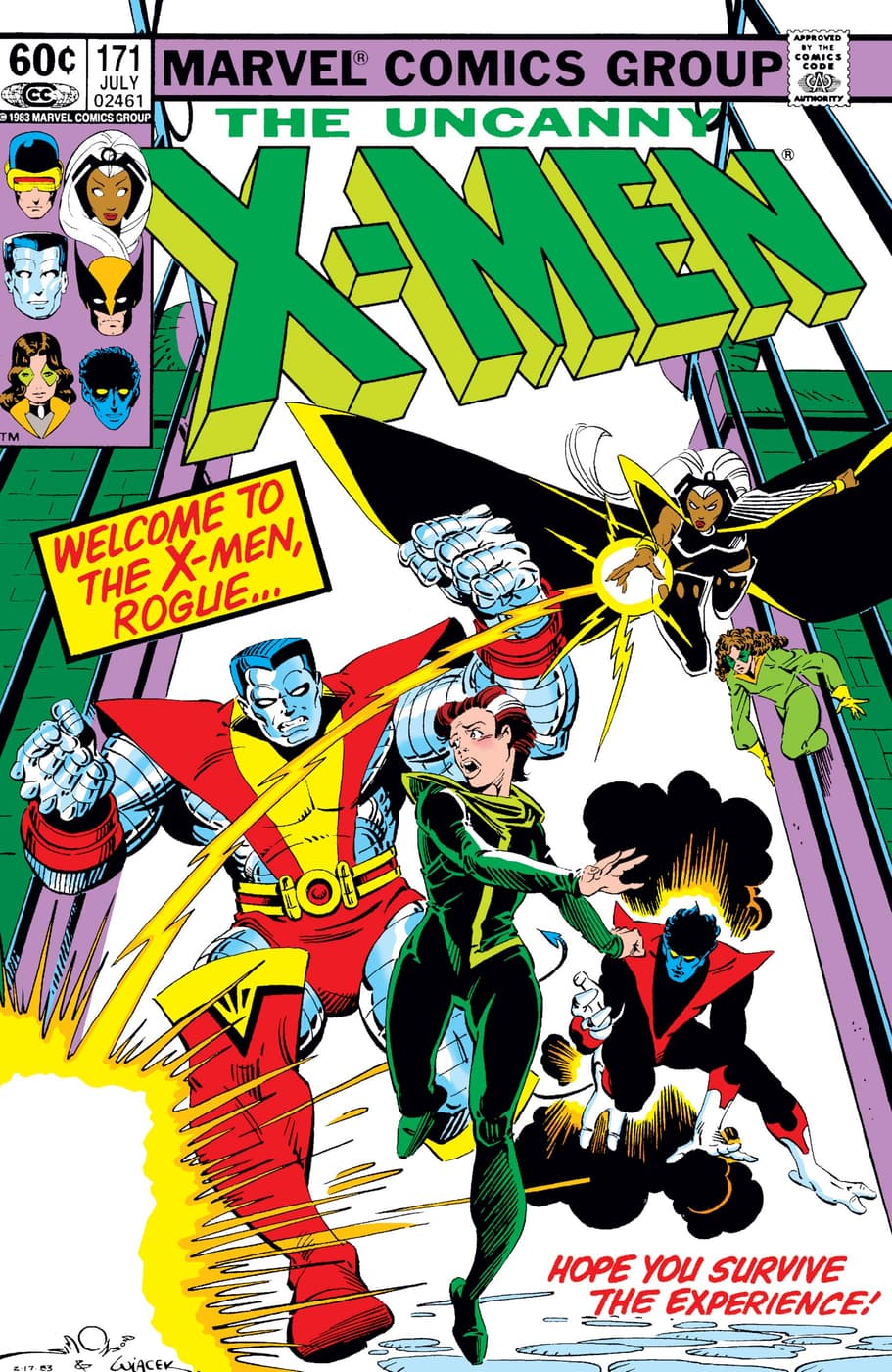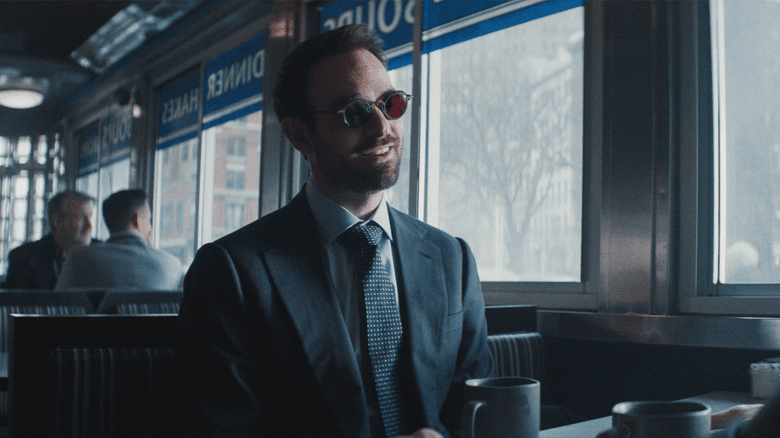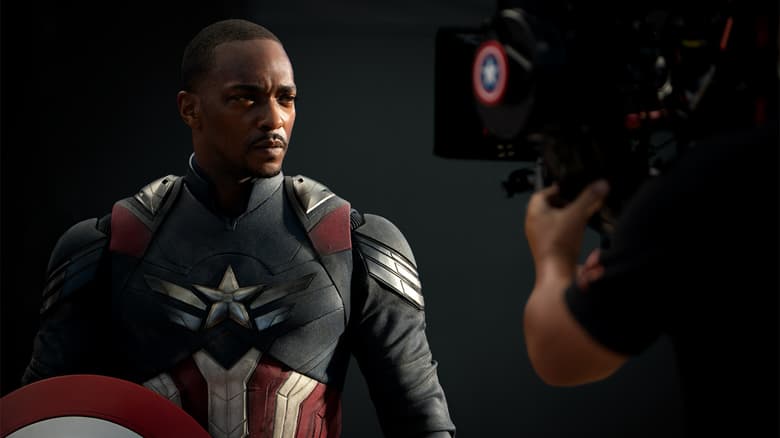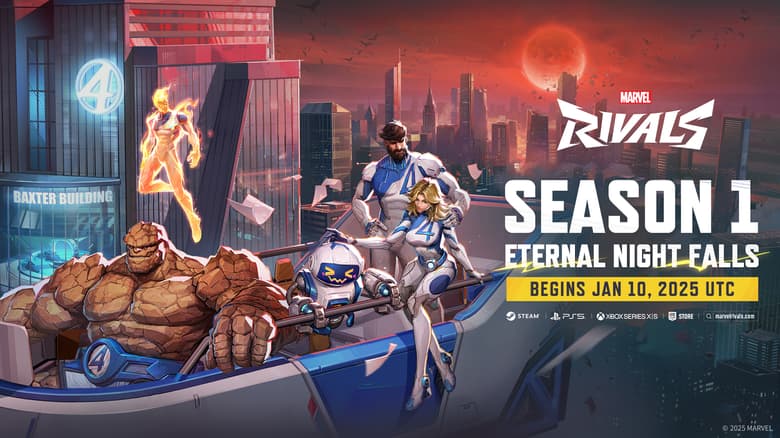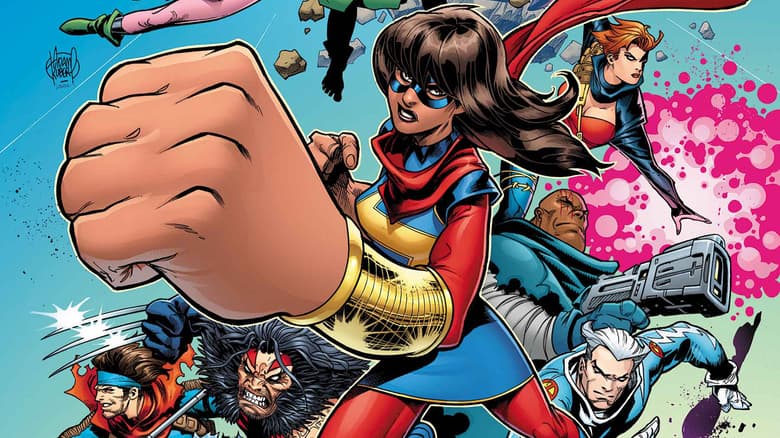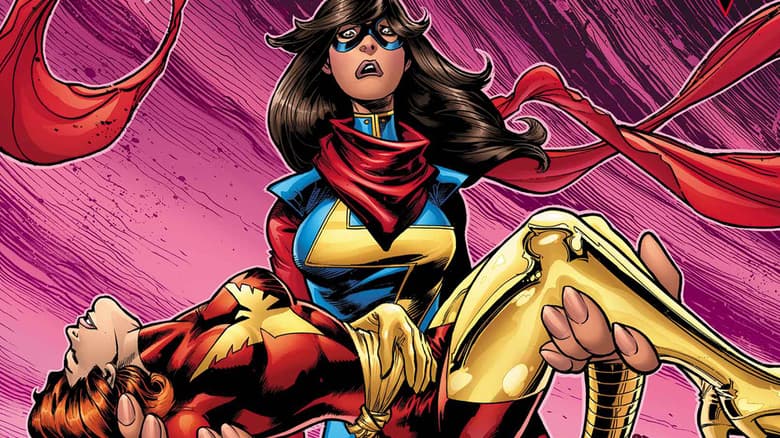Legendary X-Men Writers Explain What Sets the Team Apart from Other Heroes
At Marvel Unlimited's 'X-Men: 60 Uncanny Years Live Virtual Event,' 'X-Men' writers Chris Claremont, Walter Simonson, and Louise Simonson reflected on the team's legacy and more.
Ever since their debut in 1963, the X-Men have always been a little different from their Marvel Universe compatriots. Unlike their other Super Hero peers, the X-Men fight for a world that hates and fears them in the hopes of forging a path towards peaceful coexistence—and, according to X-MEN legends Chris Claremont, Walter Simonson, and Louise Simonson, that's just one of the attributes that makes them stand out.
At Marvel Unlimited's X-Men: 60 Uncanny Years Live Virtual Event, Claremont and the Simonsons broke down the elements that set the X-Men apart from other Super Hero teams in the Marvel Universe. They shared their first encounters with mutantkind and the experiences that helped them flesh out the characters in a realistic, grounded way. They also reflected on their roles in X-Men history, the challenge of plotting crossovers, and much more.
Asked what makes the X-Men different, Walter Simonson had "a couple thoughts about that. One of them is simply that they're kind of a very specific tribe. I mean, every book has like—the Fantastic Four is a family. The Avengers seem more like random guys that got together to fight Loki, and other team books were like that. The X-Men had their mutanthood as their unifying factor, and unlike other Super Heroes, they were feared by most people. I'm not sure why some of the other Super Heroes weren't feared, but they were not. That was the way books were written back in those days."
"There was a sense of altruism and characters behaved properly... other than the bad guys! And you had such powerful bad guys, you had Super Heroes to take them. There were evil mutants out there, and... Professor X brought the team together to fight them," he continued. "So they were both students, in a sense, learning to be a family, and at the same time, they were isolated from people in general because they were mutants, and that made them, I think, an even tighter knit group."
"So that, and the sense of paranoia that Stan [Lee] did a pretty decent job of writing in the early first run of the X-MEN," he added. "That kind of stayed with them for a long time and it sort of separated them out. Now, I'm not saying that being paranoid was wrong—just because you're paranoid doesn't mean you're wrong—a but they were really tightly bound in a different way than other books were."
"Spinning off of what Walter said, if you look at pretty much all other Super Heroes in the Marvel canon, with the exception perhaps of Spider-Man, they all derive from a totally altruistic and accepted—that's the essence of it: accepted—platform," Claremont explained. "People generally know who the FF are. They trust the FF. They know who the Avengers are. They trust the Avengers. The X-Men—the X-canon, I should say, being a very specific time and a very specific place in history—not so much. They come out and do something, but there would always be this 'but' at the end: 'Do we really trust them? They're creepy. Where did they come from? Something changed them. We don't know. They got born this way.'"
"A lot of that came out of my own history as an immigrant: walking into a room and having a different accent, which I did as a kid; dressing differently; approaching things differently. You were very much aware of being an outsider, and that was both scary and there was a feeling of anger in return," he recalled. "It's like, 'Why are you like this? Why do you hate me? Why can't we be friends?' 'Well, you're from somewhere else.' It's like, 'Yeah. So?' But that was the emotional foundation that was easy to translate into the book and evolve over the course of basically getting to know these characters and evolving them over time, giving them depth, giving them an individuality, and turning them as much as I could into people rather than objects."
"What I loved was the chosen family aspect, the fact that these were all people who were different and chose to be with other people who were the same as they were, only different; who had the same problems and that they chose to interact in such a positive way with each other, to help each other with their difficulties," Louise Simonson shared. "I mean, I kind of liked that part of it particularly... There's this wonderful characterization that we just talked about, about these people. These weren't comic book characters. They were people."
On the subject of the X-Men's legacy and how their stories have affected readers, she said, "I feel very lucky... It's really wonderful when you go to a convention and you meet people who say that the stories that you told have made a difference in their lives. It's very humbling because you're sitting there and you're just making stuff up and you're hoping that people will enjoy it, but you really are very lucky when it touches somebody's heart. You know, I hear—but with the X-Men stories a lot—that it made it made some people's childhoods bearable, it sounds like... just being able to sink into the stories."
"And I would say comics was a much smaller business back in the day we were doing this stuff," Walter Simonson pointed out. "The death of Jean Grey kind of propelled comics, and especially the X-Men comics that went along with it, into kind of a higher stratosphere and it began to become a different business. But in the old days, I have to tell you, I was just glad the checks cleared."
Did you miss Marvel Unlimited's X-Men: 60 Uncanny Years Live Virtual Event? Check out more panels from the event: Editors Jordan D. White & Lauren Amaro | Rob Liefeld & Marc Silvestri | Grant Morrison & Jonathan Hickman
Want to find out more? Explore over 30,000+ comics on Marvel Unlimited today!
Grab these comics and more at your local comic book shop! Or redeem then read your digital copy on the Marvel Unlimited app by using the code found in your print comic. Find and support your local comic book shop at ComicShopLocator.com.
To read your Marvel comics digitally, download the Marvel Unlimited app for iOS and Android devices. Gain an expansive catalog of 30,000+ comics spanning Marvel Comics history, plus access your entire digital library including comics redeemed from print.
The Hype Box
Can’t-miss news and updates from across the Marvel Universe!
